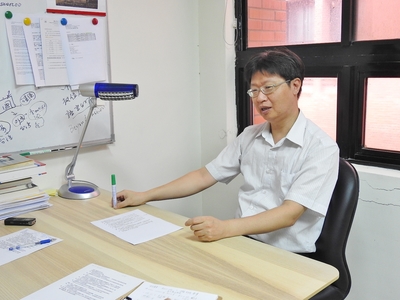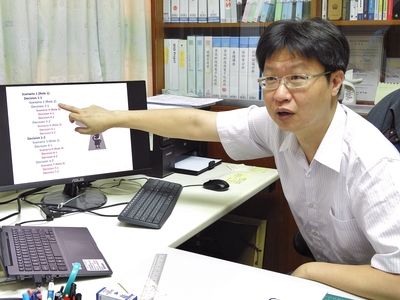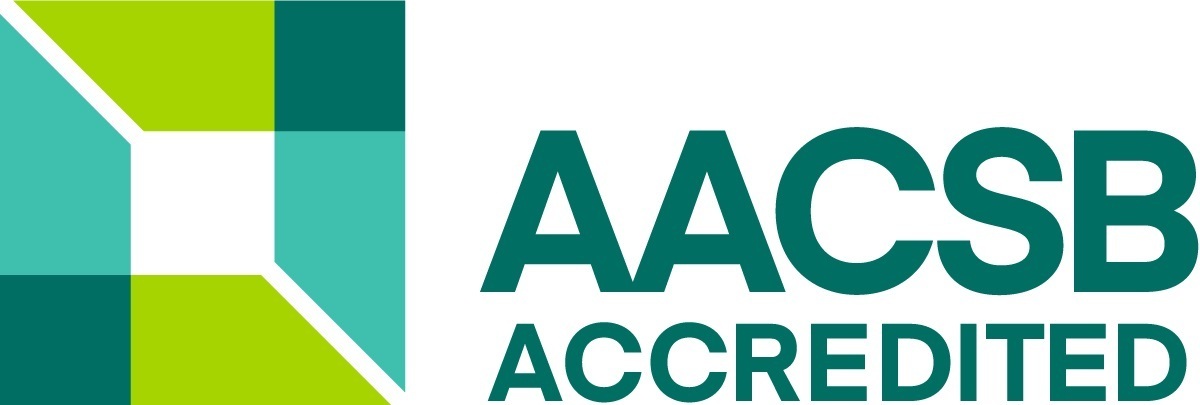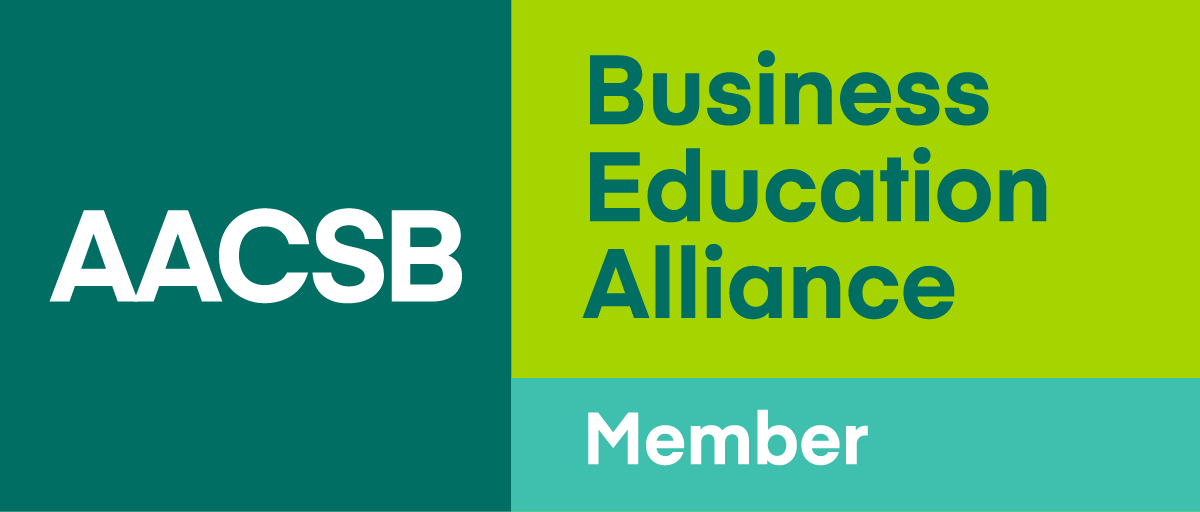【CM CSR】Assistant Professor An-Shou Cheng from the Institute of Marketing Communication: The core concept of ethics education lies in a clear understanding of personal motives and respect for the opinions of others


Assistant Professor An-Shou Cheng from the Institute of Marketing Communication explains the meaning of ethics as follows: Ethics is the relationship between people and between people and things (information). He aims to give students a better understanding of themselves and the relationship between people, events, and matters and enable them to judge themselves and respect the opinions of others in his course titled “Information Literacy and Ethics.” Professor Cheng points out that he will ask open-ended questions in the first week of the course (such as “What is happiness?”) and have students write 3-5 answers on the whiteboard. Upon a whole-class discussion, the answers will be categorized, and students will receive guidance in differentiating their own opinions. This will be followed by an introduction of various ethics related theories by the professor to give students a better understanding of which theory is closest to their own thought processes (e.g., Utilitarianism, Teleology, or Consequentialism).
Professor Cheng points out that “the only way to determine whether students have a full grasp of ethical concepts is through observations of actual conduct.” He uses case discussions and simulated scenarios to gain a clear understanding of learning outcomes in the classroom. He assigns different ethics-related scenarios to each group. The roles in each case have clearly defined characteristics. Students are required to identify opinions and behaviors for the roles in each case and apply theories they have learned in class to explain their thought processes. These student discourses serve as a key reference for the instructor in the assessment of whether students have an accurate understanding of these theories and whether they are able to use these theories to support their own choices and conduct. Professor Cheng reaffirms that the course focuses on giving students a clear understanding of the reasons behind their choices.
In this course, Professor Cheng also places special emphasis on an in-depth analysis of news and media ethics. Students are required to follow the news and describe their observations regarding identified cases of media ethics violations. For instance, why is the same incident covered differently in media outlets A and B? Students then determine the applicability of different theories to explain the approaches and points of view of different media outlets. Professor Cheng strives to teach his students how to think from different perspectives and examine issues from different levels of analysis with the goal of developing their ability to think critically. He also frequently reminds his students to refrain from spreading unconfirmed news reports in our age of information explosion and rampant fake news. He points out that “articles with inflammatory or emotive headlines or biased contents are usually not objective.” He encourages everyone to analyze the veracity of news reports and thereby hone their ability to make accurate judgments.
As for support provided by the College of Management for ethics course instructors, Professor Cheng cites incentives and subsidies for achievements in the implementation of ethics, social responsibility, and sustainable development as a concrete example of support and source of motivation for instructors like himself to promote ethics literacy courses outside the classroom. He recalls that “last semester he had an opportunity to visit two elementary school classes in the morning before his courses and give the children in these classes a better understanding of media literacy through activities designed by graduate students. These activities drew enthusiastic responses from all participants.” He sincerely hopes that the university will continue to support such activities in the future to enable children to form media ethics concepts from a very early age. Finally, he expressed the hope that Taiwan will develop more cases with local characteristics since the majority of ethnics-related cases currently available online are set in foreign countries and are therefore not sufficiently related to our daily lives due to the different cultural backgrounds. Locally developed cases would arouse the interest and resonate with a greater number of people.




